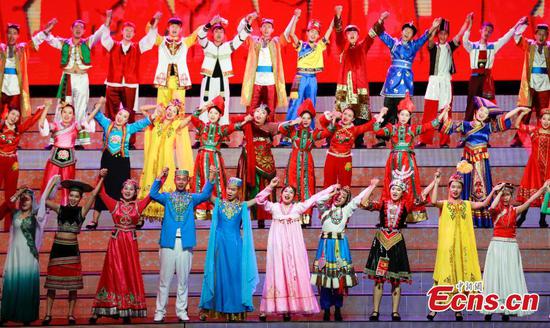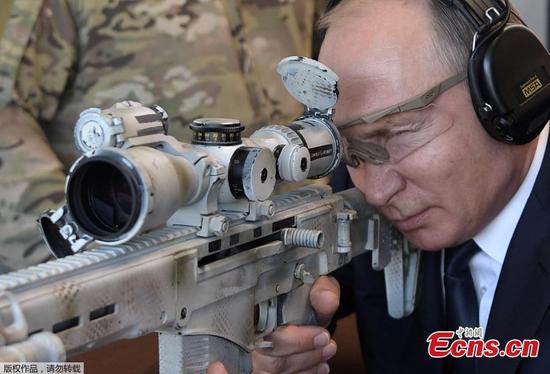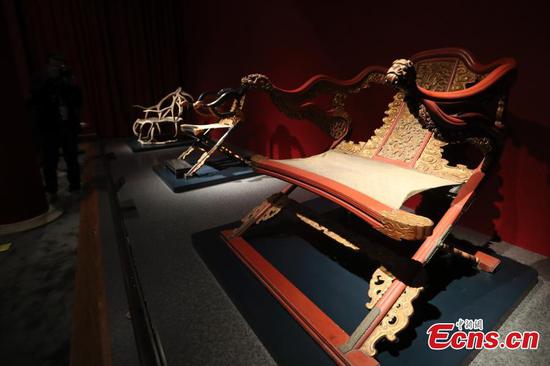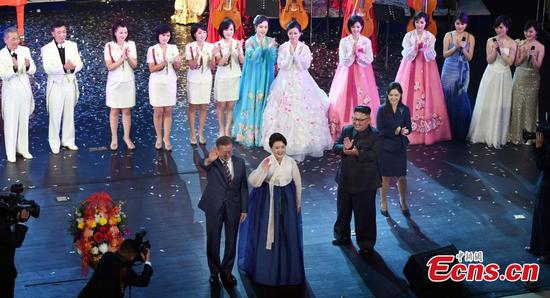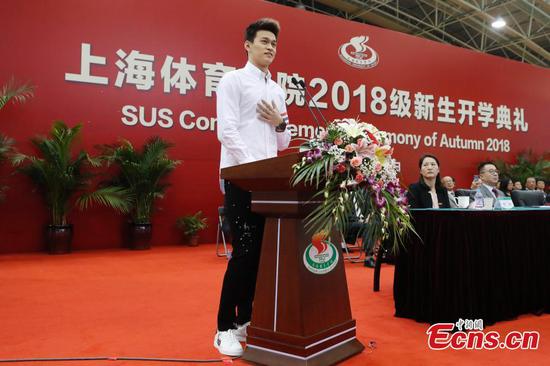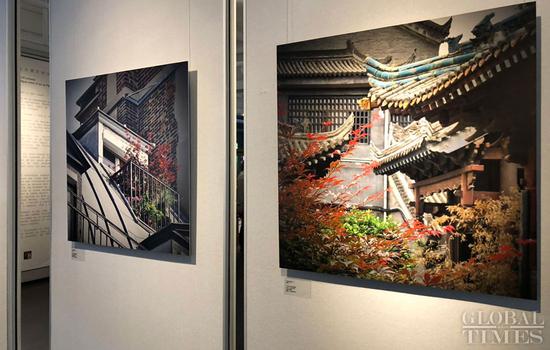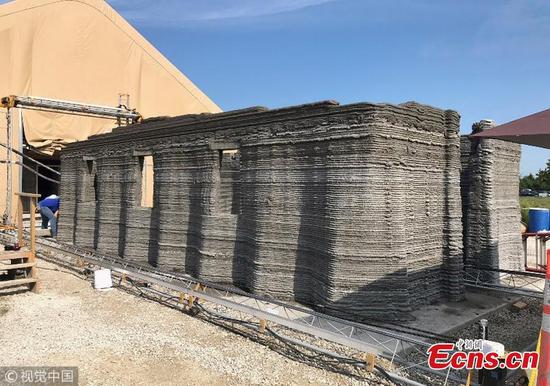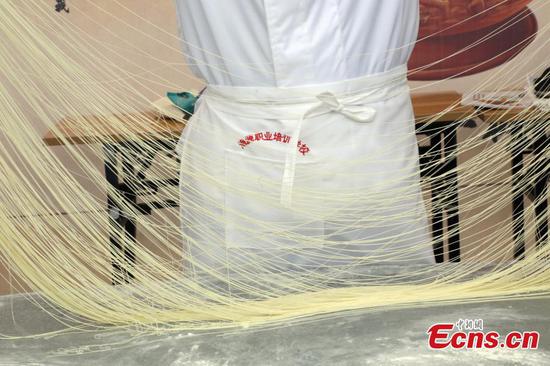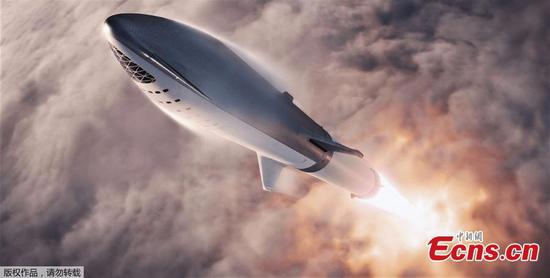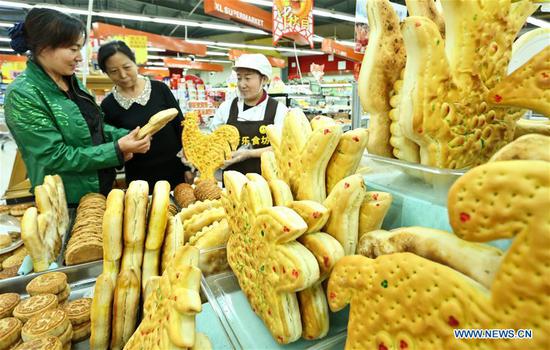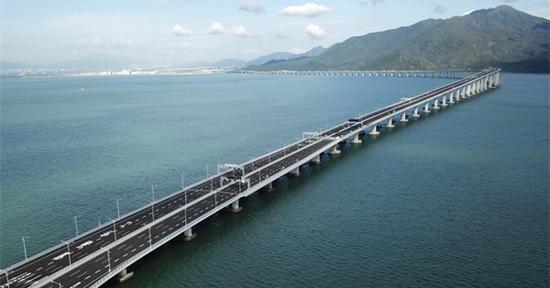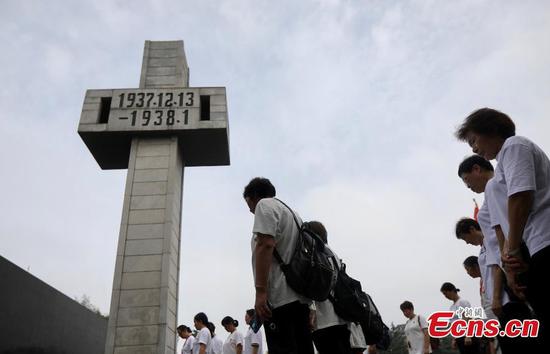Prominent Chinese business leaders and trade experts denounced the United States' newest levies on Chinese goods as irrational and destructive for both countries' business community.
Jack Ma, founder and chairman of Chinese e-commerce giant Alibaba Group, said his company no longer plans to create 1 million jobs in the U.S. because of the bilateral trade disputes.
In an exclusive interview with Xinhua on Tuesday, Ma said his commitment-made last January following a meeting with Donald Trump, who was U.S. president-elect at the time-was based on "friendly cooperation between the two sides and a rational and objective premise of bilateral trade".
He said "the current situation has already destroyed the original premise. There is no way to deliver on the promise" as Sino-U.S. tariff tensions for the past several months have reached a crescendo. Washington announced earlier this week that it would slap additional levies on $200 billion worth of Chinese goods. Beijing responded that it will place tariffs on about $60 billion worth of U.S. imports.
China's countermeasures are made out of a compulsion to safeguard global free trade and the country's interests, Gao Feng, a Ministry of Commerce spokesman, said on Thursday.
The Trump administration's tariffs targeting $200 billion worth Chinese goods will hurt not only consumers and companies from the two nations, but also jeopardize the global value chain, Gao said at a news conference.
The U.S. should "show sincerity" in bilateral trade talks and take convincing steps to correct its protectionist behavior, he said.
According to Gao, the country is currently busy evaluating the potential impact of the latest round of U.S. tariffs on China-originated goods in fields such as machinery, textiles, chemicals and agricultural commodities.
"Among the potentially affected enterprises, foreign-funded enterprises will account for nearly 50 percent," Gao said, stressing that the U.S. tariff hikes will lead to a lose-lose situation.
He said China will not stimulate exports through depreciating the renminbi, but instead deepen exchange rate reforms and keep the currency at a reasonable and balanced level.
To help companies address the difficulties and challenges they may face, the country will leverage a series of measures in line with World Trade Organization rules, like fee reductions for trade facilitation, Gao added.
Amid external pressure, experts urged domestic companies to seek closer ties with countries and regions beyond the U.S.
Tong Jiadong, former vice-president of Nankai University, said, "What we need to do is to work with the European Union, Africa and economies involved in the Belt and Road Initiative, and continue to comply with trade rules to realize a stable trade environment."
Ma said in the interview that he has growing confidence in economies like Europe, Russia, Southeast Asia, Africa and South America.
He said the basis for trade has been undermined, "But we will continue to work hard to promote the healthy development of China-U.S. trade."
A strong advocate of globalization, Ma said trade is not a weapon and should be "a propeller of peace".
China's central authorities have been continuing on a set course to advance reforms and open the economy to foreign companies. The country has also made concerted efforts to spur domestic consumption.
"The government may introduce a number of policies to enlarge the domestic market and continue to adopt appropriate measures to ease its fiscal and monetary sector," said Zhang Jie, an analyst at Guotai Junan Securities. "The country will take such a challenge as an opportunity to further deepen reforms and adjust the industrial structure."


















